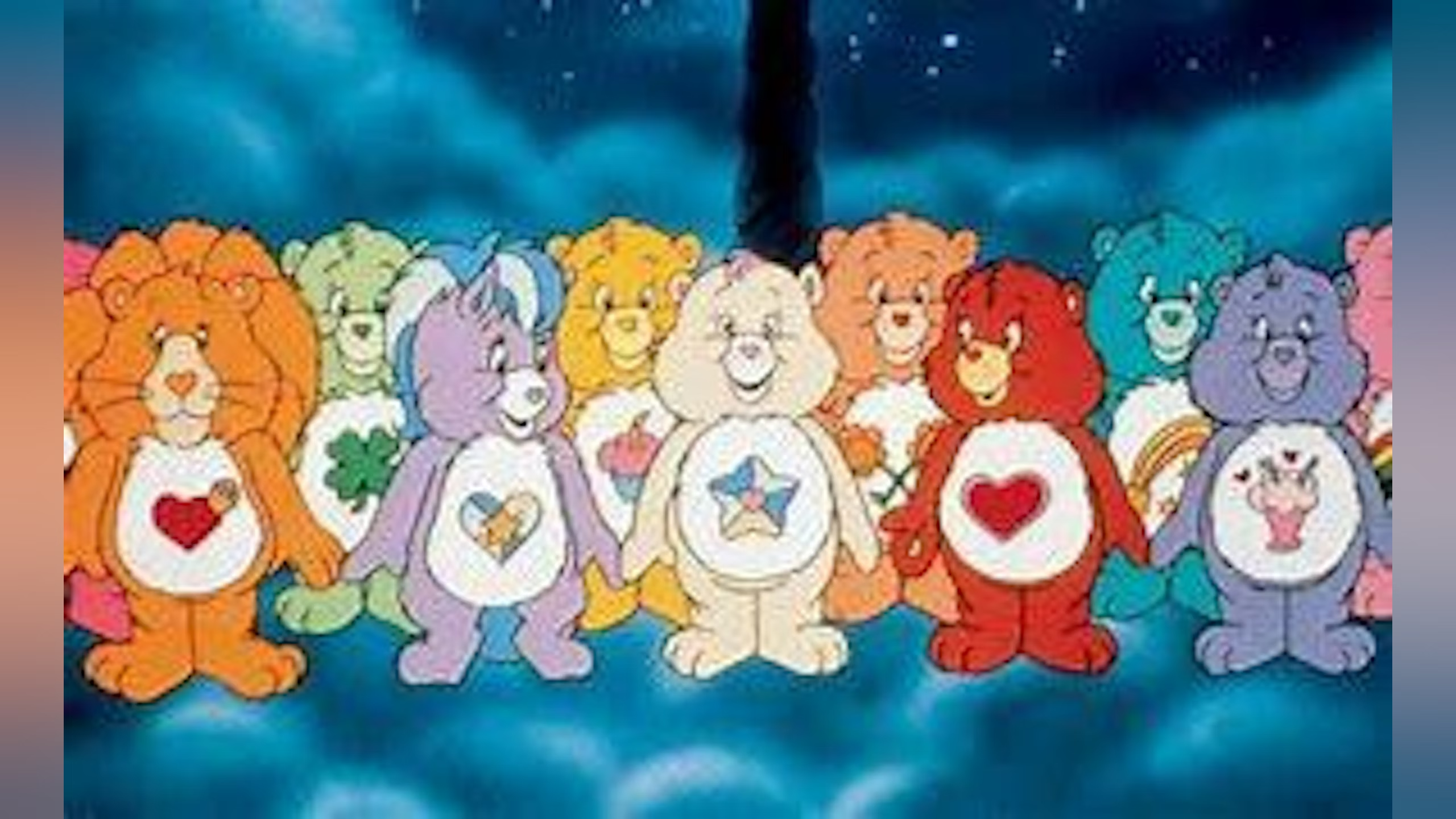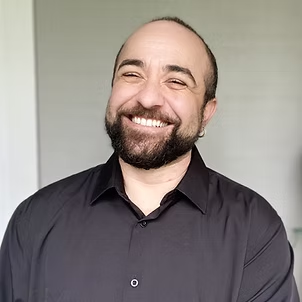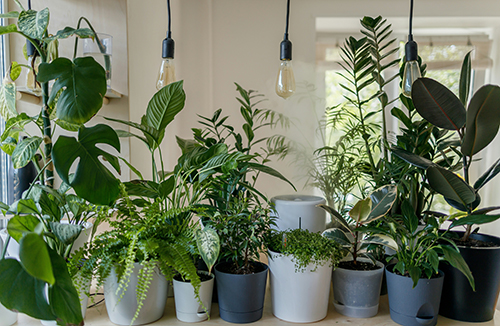From farmer, lawyer, and professor to ADHD Coach. NeuroQueer.org founder Dylan Alter (they/them) offers 1:1 & group ADHD coaching, co-working, workshops, and more. They've developed The PUG: A Personal User Guide To Your ADHD Brain, as a structured model for curating one's own ADHD support. They hold a PCC level certification from the International Coaching Federation, a CACP certification from The Professional Association of ADHD Coaches (PAAC) and an AACC certification from the ADHD Coach Academy (ADDCA.com). They are also a member of both the ADHD Coach Organization, and the ADHD World Federation.
Dylan Marie Alter, JD, PCC, CACP, AACC, (they), is a nonbinary ADHD coach, attorney, teacher, and consultant of Jewish and Choctaw descent. Dylan offers one on one ADHD coaching, group ADHD coaching, ADHD Ally coaching for friends, family & partners, as well as educational workshops and courses.
Dylan also facilitates and teaches restorative justice practices as a nontoxic harm-reduction strategy for community conflict and growth. In proud ADHD form, they've been an attorney, a professional chef, a college professor, and a farmer, in addition to many other vibrant life experiences. For more than two decades, they've led groups through discussions, workshops, and panels on gender and sexuality, including The Stonewall Reconciliation Project, Queer Table Talks and The Masculinity Toolbox. A common thread of their interest is in unearthing the ways in which laws and society, rather than our authentic nature, have narrowly defined many of our identities, and how queer theory & intersectionality can untangle those confusions.
A longtime student of Neuroscience, Psychology, Sociology, Queer Theory, and Anthropology (yes they're a huge nerd) they have studied ADHD in depth from a Pro-Neurodiversity perspective since 2019. Noticing the ADHD Support Community's neglectful exclusion of anyone who isn't the classic ADHD Poster Child, they decided to develop ADHD Support for everyone else, tailored for our unique alternative selves. They worked with ADHD Adults at Queer ADHD (queeradhd.com),. founded Neuroqueer.org and graduated from ADDCA, the premiere ADHD Coach Training Academy in 2022.





